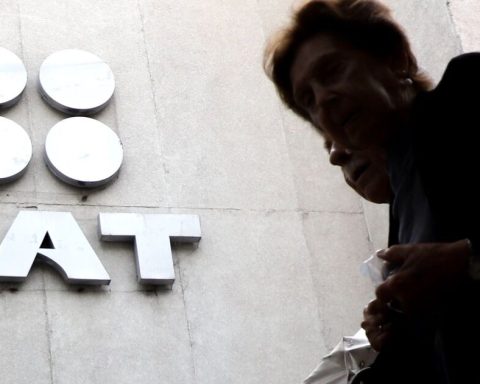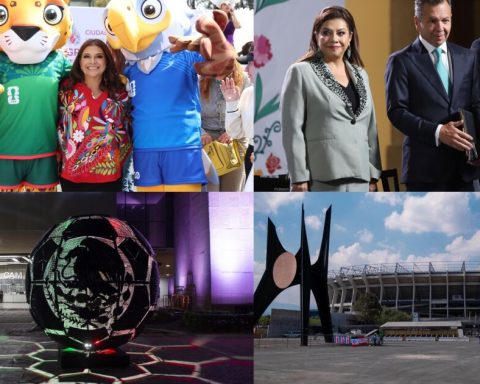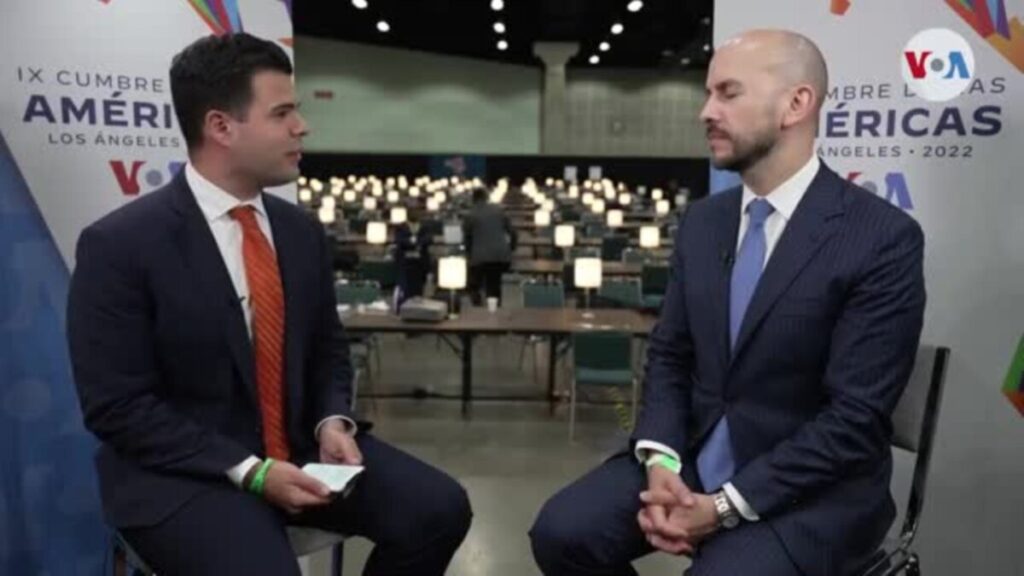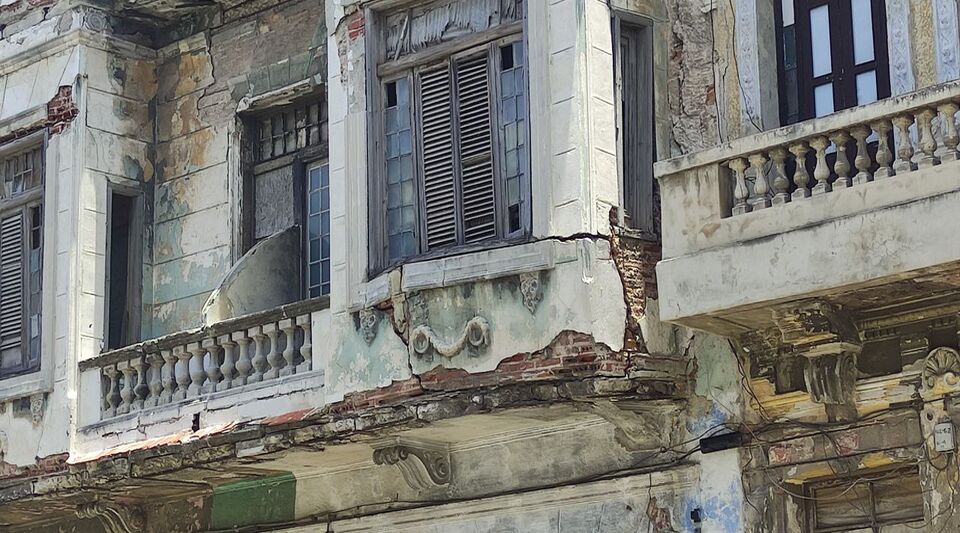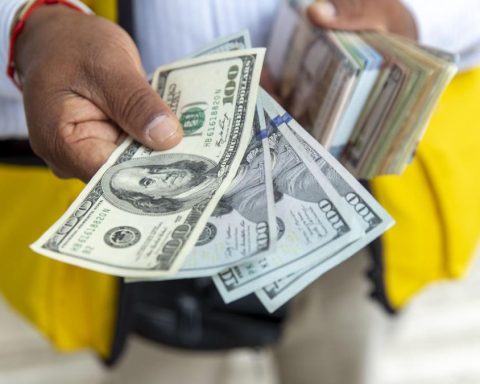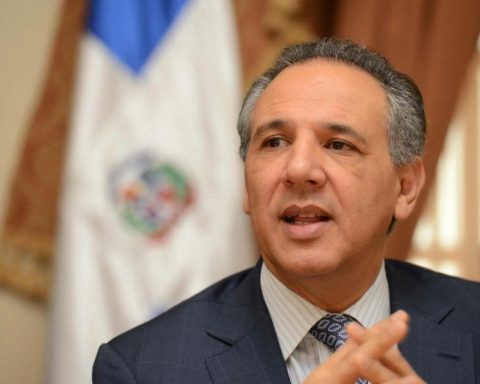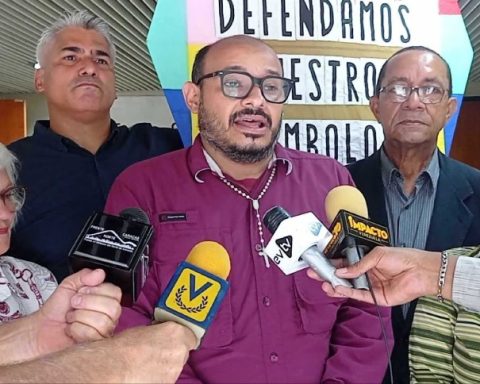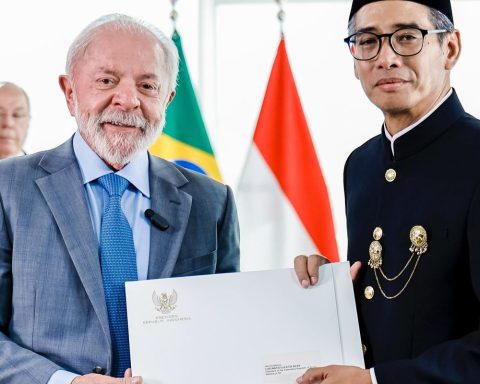The oppositions insist on exhibiting them, criticizing them and denouncing them. But Andrés Manuel is on his way out. Sooner or later, one or the other will have to take charge of the conditions in which he will leave the country. How? With what legitimacy, what ideas and what resources?
The majority of the population disapproves of the performance of the current government in terms of managing the economy, public security and corruption (data from The financial ). What are the proposals of the political parties, or of their respective coalitions, in this sense? How do you plan to address those problems? And how are they different, programmatically, from each other?
In recent years, the Mexican political spectrum has undergone a drastic reconfiguration based on the antagonism generated by the figure of López Obrador. On the one hand, by coalescing as an antilopezobradorista opposition pole, the PRI, PAN, and PRD faded beyond recognition. On the other hand, by depending so much on Andrés Manuel, López Obrador itself renounced any other sign of identity that was not his leadership.
Thus, between the polarizing provocation into which some fell and the personalist subordination to which others succumbed, the parties renounced having a distinctive seal, giving content to their brands, developing their own project. What do they represent beyond the anti- or pro-AMLO spirit? What is the substantive that unites or separates them? What desirable future alternatives do they offer?
Apart from these and other unknowns, at this time Morena brings together 47% of the national voting intention; the PAN 19%, the PRI 18%, MC 6% and another 10%. 58% of the population considers that the opposition parties do not share the same ideology, so they should not go together even if they lose in 2024; only 32% think that if they want to defeat Morena they should join forces.
54% say that they would not be willing to vote for a PAN-PRI-PRD-MC alliance; 25% say yes. 65% consider that the best thing for the country is that in 2024 someone who gives continuity to López Obrador’s project wins; barely 25% prefer someone to stop them win (data from Reform ).
How is it that, despite its contradictions and poor results, the lopezobradorismo is still so majority? Why have the oppositions not been able, wanted or known how to make a dent in it? For how long will López Obrador be able to continue to monopolize the banners of “change” and “hope”?

